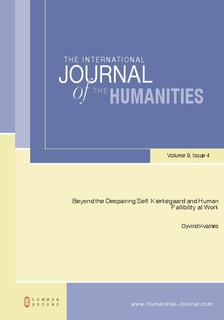Beyond the despairing self: Kierkegaard and human fallibility at work
Journal article, Peer reviewed
Permanent lenke
http://hdl.handle.net/11250/93438Utgivelsesdato
2012Metadata
Vis full innførselSamlinger
- Scientific articles [2181]
Sammendrag
Abstract: The purpose of this paper is to apply Soren Kierkegaard’s concept of despair in an analysis
of human fallibility in professional practices. The Danish existentialist defined the self as a synthesis
of the infinite and the finite, the temporal and the eternal. A person in despair is one who denies or
tries to flee the paradoxes of being in such a state. Kierkegaard viewed despair not as a feeling, but
rather as an attitude or posture a person can take on towards him-or herself. Despair can consist in
not wanting to be oneself, a being with specific limitations and shortcomings. The current study attempts
to use this understanding of despair in an analysis of how people relate to their own fallibility at work.
Cases from health care and aviation will be used to illustrate how despair can be an obstacle for
constructive dialogue about mishaps and mistakes. Practitioners should seek to find the Golden Mean
between despair (giving fallibility to much weight) and indifference (taking fallibility too lightly), a
position characterized by mindfulness.
Beskrivelse
This is the originally published version of the article, as published in The International Journal of the Humanities. The journal permits authors to submit their articles for inclusion in their institutional repository.
